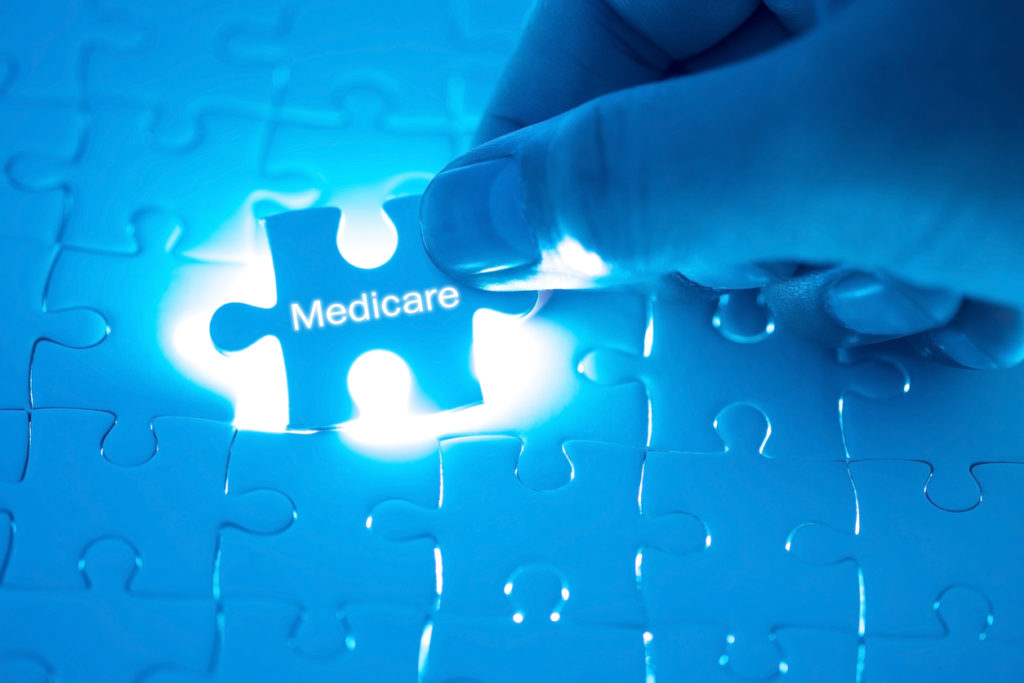The reason for increased cardiac mortality in panic disorder has not been precisely identified, but possibly is due to chronic activation of the cardiac stimulant (sympathetic) nerves, which may predispose the individual with panic disorder to disorders of cardiac rhythm and coronary artery spasm. The uniqueness of this study lies in its comprehensive evaluation of a psychobiological approach to the treatment of panic disorder using change in biological, behavioural and psychological variables as criteria for efficacy. 50 patients aged between 18 and 60 years will be recruited; both males and females. They will be treated with either cognitive behavioural therapy (CBT) or SSRI (selective serotonin re-uptake inhibitor) antidepressants or a combination of both.
Official Title
Panic Disorder and Cardiac Risk: Evaluation of a Psychological Treatment Which Addresses Biology, Psychology and Behaviour
Conditions
Panic Disorder
Study Type
Interventional
Study Design
Treatment, Randomized, Open Label, Active Control, Parallel Assignment, Pharmacodynamics Study
Further Details
Study Start
June 2002; Expected completion: December 2008
Eligibility & Criteria
- Ages Eligible for Study: 18 Years – 65 Years
- Genders Eligible for Study: Both
Inclusion Criteria:
- Panic disorder
Exclusion Criteria:
- Comorbid heart disease
- Comorbid significant psychiatric illness
- Significant suicide risk
- HIV/AIDS hepatitis B/c
Total Enrolment
50
Contact Details
Baker Heart Research Institute, Melbourne, Victoria, 3121, Australia; Recruiting
- David A Barton, MBBS: 613 93 428 946; david.barton@bigpond.com
- Murray Esler, PhD: 613 85 321 338; Murray.Esler@baker.edu.au
All content and media on the HealthEngine Blog is created and published online for informational purposes only. It is not intended to be a substitute for professional medical advice and should not be relied on as health or personal advice. Always seek the guidance of your doctor or other qualified health professional with any questions you may have regarding your health or a medical condition. Never disregard the advice of a medical professional, or delay in seeking it because of something you have read on this Website. If you think you may have a medical emergency, call your doctor, go to the nearest hospital emergency department, or call the emergency services immediately.







